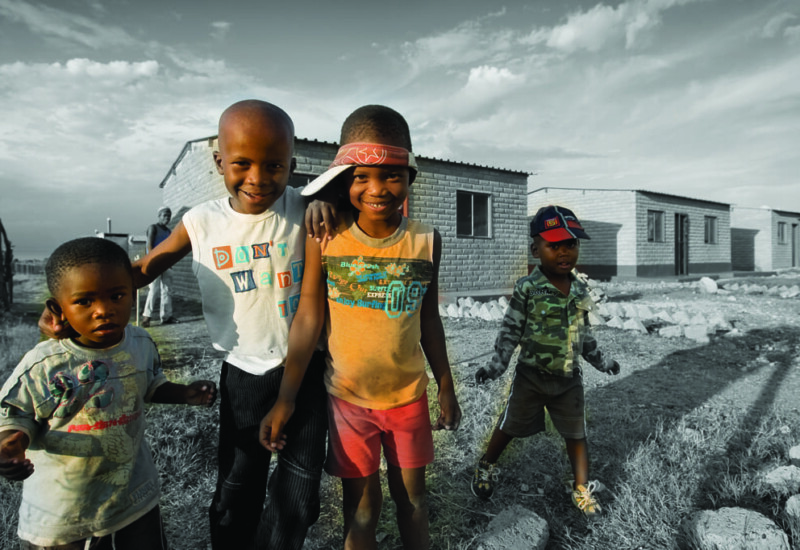The Protea Hospitality Group is all about giving back to the community as well as reducing its carbon footprint. Danny Bryer tells SA Conference how they are going about achieving this goal.
Most companies understand corporate social investment (CSI) to mean a donation of sporting equipment to disadvantaged schools, a donation to a charitable cause or even the creation of a bursary. They’re absolutely right, but in an industry that consumes a large amount of resources to satisfy the needs of business travellers and conference delegates from around the world, the hospitality industry needs to approach the concept of CSI more holistically.
CSI is therefore not a charitable footnote at the bottom of an annual report, nor is it an exercise to reduce a tax bill; it is a corporate ethos and strategy that has to permeate every corner of our business and influence the decisions we make about our present, as well as our future. I can only draw from our experiences at the Protea Hospitality Group as to how we live CSI every day, and that starts at hotel level.
Make it policy
Every hotel must support at least one community initiative per year as a matter of policy in the group, but in practice our hotels help at least a dozen each on an ongoing basis. For example, some hotels use their bulk buying power to donate produce to soup kitchens, or even send their chefs to prepare meals at institutions such as retirement homes or schools in impoverished areas.
Others host benefit events, donate accommodation prizes to numerous good causes or even send out entire departments to build houses, tend school vegetable gardens or clean up polluted beaches.
Reducing carbon footprint
It’s at group level that we are setting the standards for energy-efficient structural changes during hotel refurbishments. This includes retrofitting LED lighting, installing energy-efficient water heating systems that work with hot air expelled by the air conditioners and also making those units more energy-efficient.
This year 12 hotels in South Africa have done remodelling of some sort, most of them incorporating elements of energy saving retrofits. Earlier this year we also committed to serving only relationship Fairtrade coffee in all of our South African hotels, because we know that the choice we’ve made helps not only small-scale coffee producers in Africa, but their entire communities with the construction of facilities like schools and clinics.
On the waste side, we’ve done away with bottled water in conference venues and replaced them with glass bottles that are refilled with filtered water, our hotels recycle and some even have worm farms.
We are also currently running two green conferencing pilot projects in Cape Town African Pride Hotels and Protea Hotels, which if they are successful will be rolled out across the group.
Skills training
People are unquestionably our biggest CSI, which is why we created the Protea Hotels Institute for Professional Development (PHIPD).
The PHIPD is an entire department that is dedicated to providing ongoing training for our approximately 16 000 staff through classroom courses and an Africa-wide e-learning platform. It manages our annual bursary allocations (more than 40 this year alone) and oversees our three-year internal hotel management and cookery diplomas that are recognised worldwide.
It says something about an organisation’s culture when more than 60% of its managers are products of its own diploma courses and their average length of service in the company is more than 10 years.
CSI and the business of hospitality cannot be viewed as two separate operations in a South African or African context. We need to stop thinking of CSI as a tax convenience or a tired phrase and start thinking about how we can expand our involvement even further.
I have no doubt the future of our industry depends on it.
What does CSI mean in a hospitality context?
- being good corporate citizens
- helping to uplift our local communities
- reducing our consumption of natural resources
- reducing our waste
- creating channels for business travellers and conference delegates to offset their carbon footprints or contribute to charitable causes
- helping to grow the next generation of industry leaders
- reviewing supply chains to as far as possible support local goods and services
- conducting business ethically
- contributing to the creation of jobs opportunities that are sorely needed on the continent.







